The coronavirus pandemic has swept away the fabric of governance worldwide like strong wind blows away garments hung on the clothesline to dry. In place of a sense of control and direction which was until recently the universal hallmark of the managers and directors of the affairs of the state, there is now a widespread feeling of bamboozlement. The pandemic has given states, societies, and economies a battering whose effects can be seen in the grogginess masked by tenuous self-assurance of leaders, experts, and official spokespersons. Since this disorientation is now the new face of public service globally, the act of singling out the leaders of any one country as its embodiment will be disingenuous.
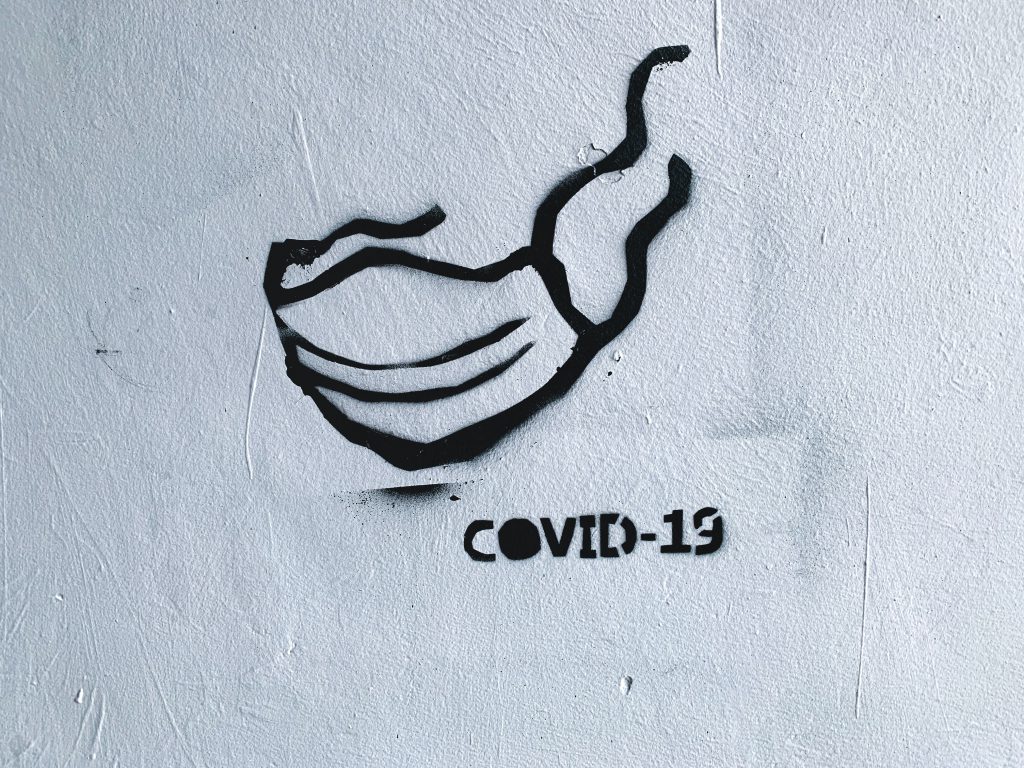 The pandemic inexorably continues to serve as a ruthless litmus test for the administrative capacity of states, the cohesion of societies, and the buoyancy of economies. It has laid bare the deficiency of public and social infrastructures in both the developed and the developing world. Overloaded health systems, recessionary economies, and seething citizenry are pushing the state-citizen social contract to the limit. The possibility of releasing pressure through the safety valve of bread and circuses and the exercise of the popular right to protest peacefully is foreclosed by the dictates of social distancing. The pandemic is fast changing our ways of being, thinking, and acting. Some of these broad changes are already visible in politics, economy, and society.
The pandemic inexorably continues to serve as a ruthless litmus test for the administrative capacity of states, the cohesion of societies, and the buoyancy of economies. It has laid bare the deficiency of public and social infrastructures in both the developed and the developing world. Overloaded health systems, recessionary economies, and seething citizenry are pushing the state-citizen social contract to the limit. The possibility of releasing pressure through the safety valve of bread and circuses and the exercise of the popular right to protest peacefully is foreclosed by the dictates of social distancing. The pandemic is fast changing our ways of being, thinking, and acting. Some of these broad changes are already visible in politics, economy, and society.
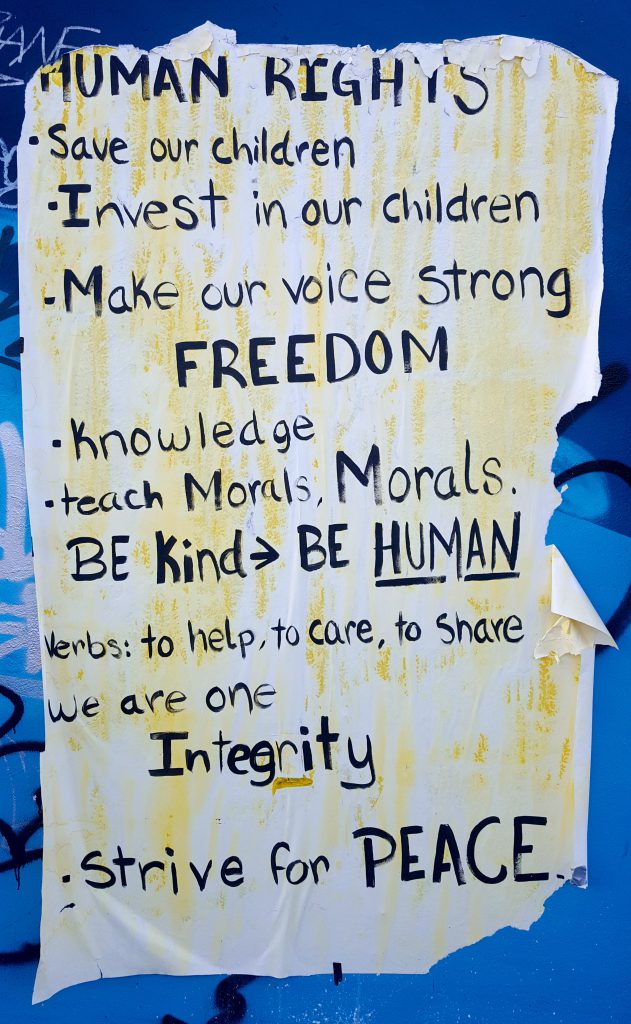
Politics of volubility
The magnitude of the crisis has contributed to the intensification of the politics of volubility. This mode of politics consists in the utilization of all types of media, especially social media, to keep people submerged in a ceaseless stream of words. It is expected by the purveyors of volubility that the verbal anodyne will be enough to soothe the pain of shattered livelihoods. The fact that social media platforms are participatory forums where anyone can put in their two cents explains their extraordinary success and popularity. The overall effect of the incredibly massive volumes of opinion shared liberally and ecumenically day in and day out on these platforms is that nothing ever gets settled one way or the other. Billions of thoughts remain suspended in this uproarious purgatory of opinions. All positions are deemed deserving of equal consideration, which is another way of wasting scarce time and maintaining social inertia rather than beneficial change.
These forums have paradoxically provided to all in responsible positions the much-sought-after sanctuary from blame that was not available offline, for if nothing is ever decided conclusively in this marketplace of opinions where words are the continuously devalued currency, then blame can be deflected and credit can be claimed ad infinitum through an endless minting of points of view. This exists side by side with the participatory and democratizing potential of social media. One cannot exclude the other. Reinforcement of one consolidates the other.
In the context of the coronavirus pandemic, it can be seen everywhere that leaders espousing different ideologies have utilized social media to claim credit for their policies, regardless of the real-life consequences of those policies for the peoples, societies, and countries for which those leaders are responsible. This has had the effect of drastically diminishing the concern of policymakers for the consequences of the policies they formulate and support.
Caution can be abandoned realistically, if there is a strong chance that flawed policies will never be conclusively proven wrong, because for those decrying a certain policy as erroneous, there will always be those declaring it as correct. Right now, the politics of volubility is snowballing in direct proportion to the outbreak of protests and social unrest caused by hunger, poverty, and racial and income inequality around the world, because the more things go wrong the more there is a need to portray them as moving in the right direction.
A subset of this form of politics is the contemporary global feature of leadership characterized by the unfailing persistence in enjoying the amenities of public office together with the abdication of responsibility in the case of dereliction of duty or even the refusal to admit there was any such failure in the first place. This has become a default response pattern of global leadership for coping with the pandemic’s fallout as it finds a cowed medium in the shell-shocked acquiescence of the masses in extraordinary times.
Social isolation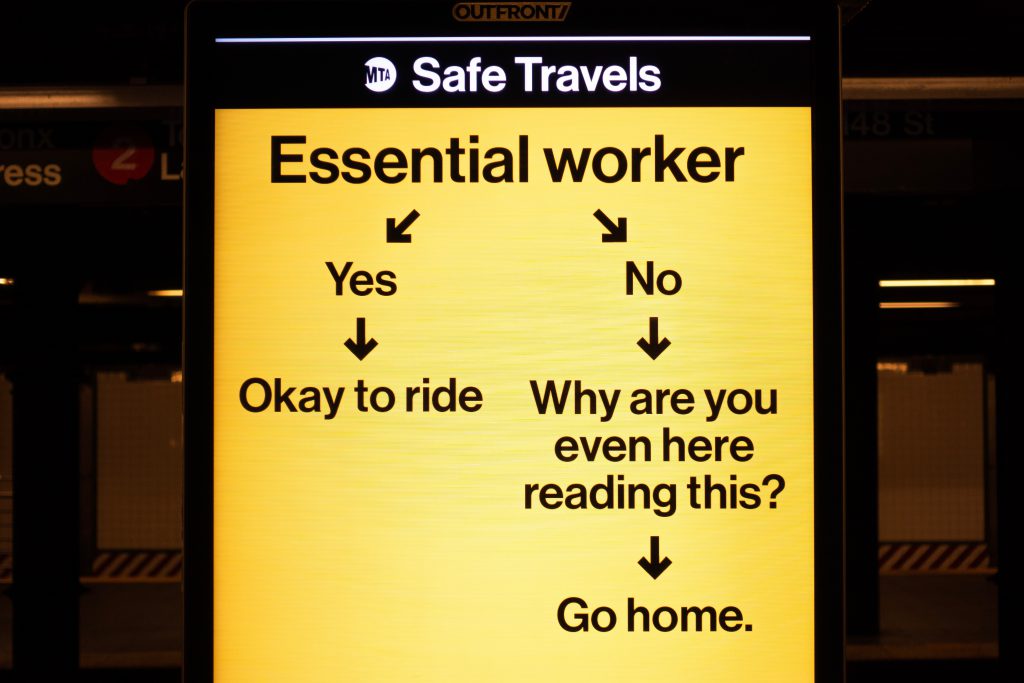
The pandemic has generated two distinct forms of isolation. One form is desirable and necessary, while the other is neither desirable nor necessary. The first form consists of necessary measures like lockdown and social distancing to stop the spread of the disease. To the extent that it enables people to take required precautions for ensuring their own safety and that of others, it should be encouraged.
Precautionary isolation degenerates into a social menace when it breeds fear and mutual suspicion, leads to the stigmatization of marginalized sections of society, and results in the ostracism of the disadvantaged in the name of fighting the pandemic. One of the key prerequisites of success in the fight against the pandemic lies in preventing the vulnerable from becoming collateral damage in this fight. So far, the exact opposite seems to be going down around the world.
The pandemic has made social atomization markedly pronounced. Maintaining social solidarity and conviviality has become a challenge in view of the imperative of social distancing. What was spontaneous and given in pre-pandemic days is no longer so in terms of social contact. Earlier we could shake hands and hug, sit together and chat, and were hosts and guests. Now, we are either susceptible to, infected by, or recovered from the coronavirus. Positive thinking has had to double down to keep depression and despair at bay.
Domestic polarization
A prominent feature of the post-pandemic world is the aggravation of domestic political polarization. The exigencies of the public response to the outbreak has knocked the wind out of governments and fanned the flames of inter-party differences across many countries. Issues that were simmering before the outbreak are now reaching the boiling point. It is possible that the pandemic will lead to significant reconfiguration of the public and political spheres. Existing political parties may well undergo drastic changes, even disintegrate with new political entities rising from the detritus of the current sociopolitical organization, and replacing the monolithic traditional political forces before the pandemic has run its course.
One should also not be oblivious to in-group and between-group differences as well as intra-class and inter-class fault lines that are perpetually shifting under the seemingly solid crust of the sociopolitical landscape. States need to stay alert to detect timely any substantial movement in social tectonics as these shifts are usually initiated by deep economic recessions.
International isolationism 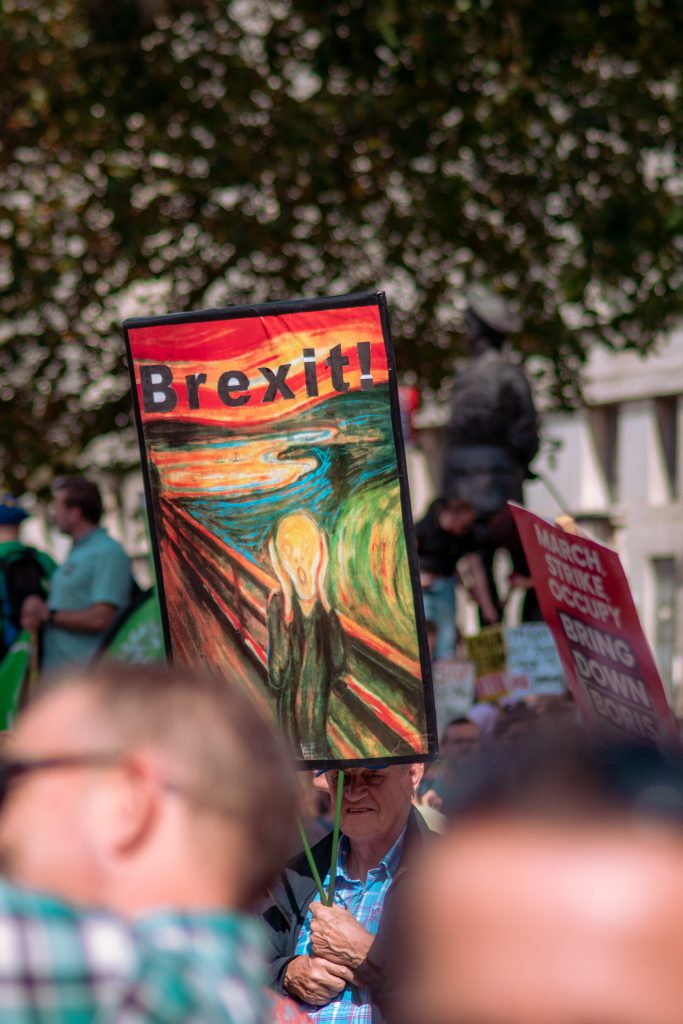
The pandemic has strengthened the isolationist tendencies in the contemporary international system. Economic decoupling and the disruption of global supply chains have already undermined economic interdependence. Interstate cooperation was on the decline and interstate competition was on the rise even before the pandemic struck, as evidenced by the US-China trade war, Russia-NATO tensions, Brexit, Indian hegemonic aspirations, and events in the Middle East. The pandemic has further spurred the competitive tendency of interstate relations. Just as the domestic knee-jerk response of nations in crises consists in fervently clinging to the illusory adequacy of the belief in social atomism, so the first international response of states in crises is to hug tightly the phantom of geostrategic atomism or self-sufficiency.
What should be worrisome is if social isolation within societies may be silently conditioning states to accept isolationism as the new normal at the international level. It should worry us because isolationism hardly ever leads to greater regional or global stability, acting rather as the prelude to regional or global conflict. One should especially feel alarmed by regional conflicts because most global conflicts, before they go global, are regional.
The combined effect of social atomism, domestic political polarization, inter-state competition, and international isolationism can quickly spiral out of control. This means that people will have to work consciously and indefatigably at the preservation of social graces in the current prevalence of mutual fear and trepidation and preserve social solidarity while practicing social distancing. States will have to promote domestic development and equitable distribution while coping with the economic downturn, and foster international cooperation despite the competitive urgings of human and collective social nature. It will certainly be difficult to do it in the presence of asymmetrical capabilities, unwarranted privilege, and divergent self-interest domestically and internationally, but we have no other choice.
Temporary suspension of reason
The pandemic seems to have curtailed people’s reasoning capacity, at least for the time being. It has stunned them into taking actions and seeing them in ways that would have been considered outrageous at other times. To take the example of the healthcare stuff, lionized globally, and rightly so, as the frontline personnel in the war against coronavirus, a series of videos from around the world of doctors and nurses doing group dances and capers went viral on social media.
To dance in the presence of death and disease is downright macabre but one mark of the post-pandemic times is that, instead of being considered strange, these frolics have been celebrated as illustrative of the extraordinary courage and fortitude of the healthcare personnel. Many who can’t even entertain the thought of dancing near the deathbed of a neighbor, friend or a family member consider these actions normal and a natural way of coping with the stress of fighting the outbreak.
It should be noted that the suspension of reason is the natural ally of the above-mentioned politics of volubility since the latter cannot function without the former. Words can be substituted for deeds only once reason is thrown off balance in the welter of relativism. This is symptomatic of another condition of post-pandemic times in which people performing sublime acts are also the ones to commit pathetic acts. This may be what being human is all about but perhaps the pressure of the pandemic is causing us to commit noble and ignoble deeds in quick succession with the proximity in time of opposing actions striking us as unusual.
Diminished economy security and freedom
The pandemic has dealt a severe blow to the economic security of nations and economic freedom of individuals alike. It has taken a toll on the ability of states to do development. Massive stimulus packages to shore up real economy in the face of recession have increased the states’ spending burden. These packages, indispensable as they are for stimulating production and consumption, run the risk of creating a gigantic dole system from which it may not be possible for states and recipients to extricate themselves for some time to come.
This dole economy will seriously impact the economic freedom of its beneficiaries by increasing their dependence indefinitely on the state largesse and seriously undermine their ability to exercise the function of public and popular oversight so crucial for ensuring the transparency and integrity of institutions. It is always difficult to check the hand that feeds you. It will eat up national savings and impact investment in public infrastructure and the development of skills which means that the economy will be hobbled in the long run.
The principle of ascending disorder
A counterintuitive trend of social organization can be inferred from the observation of the initial response of various governments worldwide to the coronavirus outbreak. While some countries have bounced back to take control of the situation, other countries appear helpless before the natural progression of the pandemic. This trend can be called the principle of ascending disorder or descending order according as one chooses to look at it. What it means in simple terms is that the higher the level of social organization, the lower the degree of order in that organization, or, conversely, the lower the level of the social organization the higher the degree of order in that social organization.
For instance, the household tends to be more orderly than the community, the community more organized than the town, the town more organized than the city, the city more organized than the province and, the province more organized than the center. This principle also holds true for other forms of organizations than administrative and sociopolitical units. In other words, each lower rung of organization tends to be more cohesive than the next higher rung. What this means is that our current social systems are not doing a very good job of managing complexity. Natural disasters and social crises reveal this failing starkly, because they are complex phenomena requiring a complex response to be contained and mitigated.
Post-pandemic leadership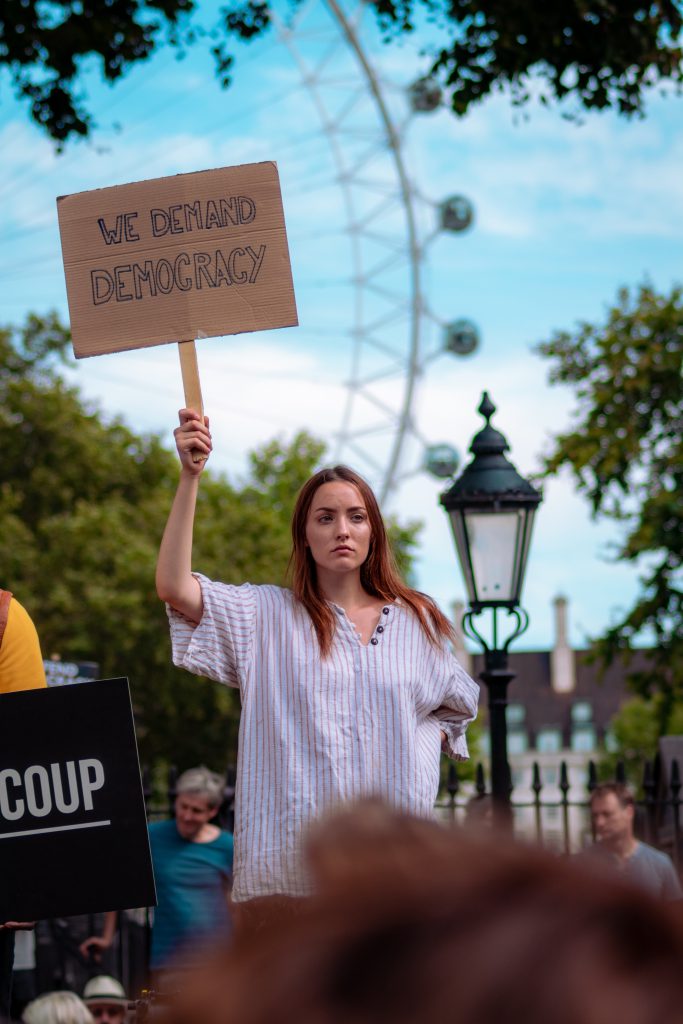
Management of large-scale complex social systems – and state is just one such system – in routine and emergency circumstances requires the interplay of many elements and the combined action of various capabilities and endowments: good intention to focus on the collective good; integrity or moral courage for the recognition and rectification of error; domain expertise to cope with the technical details of promoting common weal and prosperity; transferability to ensure the application of knowledge across multiple domains; practical intelligence to appraise the conflicting demands and relative worth of different solutions to problems; foresight to anticipate and envision the likely outcomes of alternative courses of action; and legitimate authority to enforce beneficial policies.
Rarely does it happen that all or most of these skills are present in any one individual or even a group of individuals. This infrequency is partly due to the way the modern system of higher education is structured. Increased specialization of learning and compartmentalization of professions discourages simultaneous acquisition of these capabilities.
The pandemic has brought home the crying need for the creation of durable processes and procedures focused on the cultivation of comprehensive leadership skills required for designing and directing complex social systems. The development of these skills rests on a unique appreciation of reality which understands that any single situation contains within itself potentially limitless possibilities and all possible situations. Forces and elements at play in any particular situation can, therefore, be parlayed to give birth to favorable situations with the assimilation of this understanding that leads to the mastery of the dialectics of change. The scale of local, national, and global challenges stemming from the pandemic calls for a future global leadership that will possess this understanding and demonstrate this mastery.
The author heads Research and Analysis at the NUST Institute of Policy Studies (NIPS) and can be reached at ali.shah@nust.edu.pk.




